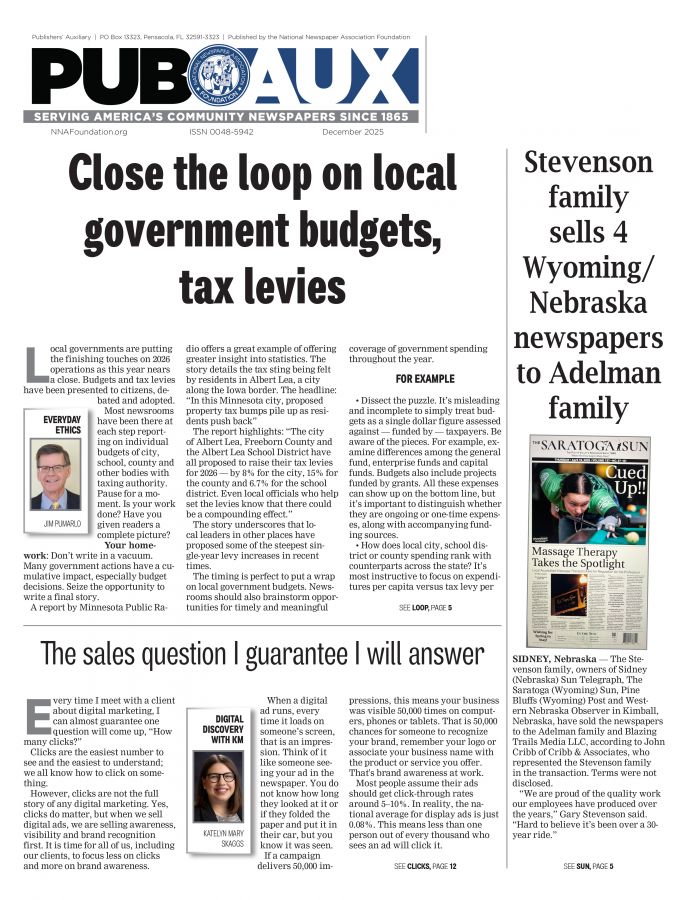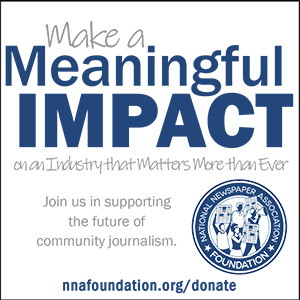Trump's Use of Twitter Puts Him in Constitutional Hot Water
Jun 8, 2017
By Lata Nott
Inside the First Amendment
Twitter was an invaluable tool for candidate Donald Trump, allowing him to bypass traditional media channels and connect with a passionate base of followers. But as president, Trump's frequent use of Twitter is turning out to be a major liability for him.
President Trump's tweets earlier this week about his controversial "travel ban" executive order may end up undermining that executive order in court. To recap: Back in January, the president signed the original version, which banned travelers from seven Muslim-majority countries from entering the United States, but gave priority to refugee claims made by individuals whose religion "is a minority religion in the individual's country of nationality." This meant that the executive order effectively favored non-Muslim refugees over Muslim refugees, which many legal experts saw as a violation of the First Amendment. Freedom of religion — specifically the Establishment Clause — prohibits the government from favoring some religious groups over others.
On February 9, the Court of Appeals for the Ninth Circuit temporarily blocked the Trump administration from carrying out the order. The Trump administration decided to go back to the drawing board and revise it. Among other things, the administration removed the provision giving priority to refugees from minority religious groups — in fact, it scrubbed the order of all references to religion. Nevertheless, the Court of Appeals for the Fourth Circuit ruled on May 25 that the revised executive order still violates the Establishment Clause. The Supreme Court will likely be deciding if the order is constitutional this fall.
As is his custom, President Trump took to Twitter to vent his frustration: "The Justice Dept. should have stayed with the original Travel Ban, not the watered down, politically correct version they submitted to S.C." This statement hurts the argument that the government will likely make in front of the Supreme Court — that the revised executive order is sufficiently different in motive and operation from the original to pass constitutional muster.
It might seem strange that President Trump's social media habits could have an impact on the constitutionality of the travel ban. But that's because when it comes to the Establishment Clause, courts not only consider the letter of the law, but also the spirit of it. A law, or an executive order, cannot be constitutional if its primary purpose is to discriminate on the basis of religion. When judges are determining a law's primary purpose, they're not just limited to looking at the text. They can also look at the "historical context" of the law and the specific sequence of events leading to its passage. The Fourth Circuit considered President Trump's campaign tweets to be a vital part of the executive order's historical context, citing his campaign promises to ban Muslims from the United States as "creating a compelling case that [the revised executive order's] primary purpose is religious." By suggesting that the second order was merely a "watered down" version of the first, with the same purpose, President Trump's recent tweets are only adding to a record that may be used against the executive order when its fate is in the hands of the Supreme Court.
On less serious matters, President Trump is also facing a potential legal challengefrom two users on Twitter that the president had recently blocked. These two, with the aid of the Knight First Amendment Institute, sent the White House a letter on June 6 stating that the president had violated their First Amendment rights when he blocked them, purportedly because they were critical of his policies. It seems bizarre that blocking someone on Twitter could potentially violate the Constitution, but this stems from President Trump's role as a government official and his use of Twitter to discuss domestic and foreign policy. One could argue, as the two angry tweeters might, that President Trump has turned his Twitter account into a limited public forum — a place where people can express themselves. A similar thing happens when the government allows people to use its meeting spaces, or enables people to leave comments on an online forum. The government can place reasonable regulations on this sort of activity — for example, by blocking users who make threats, or censoring profane comments — but it can't discriminate against users based on their point of view.
It's unclear whether the challenge to the president's Twitter blocking practices will end up in court. But it's worth watching — and interesting to note that Twitter has gotten President Trump embroiled in two different First Amendment legal matters.
Lata Nott is executive director of the First Amendment Center of the Newseum Institute. Contact her via email at lnott@newseum.org, or follow her on Twitter at @LataNott.







